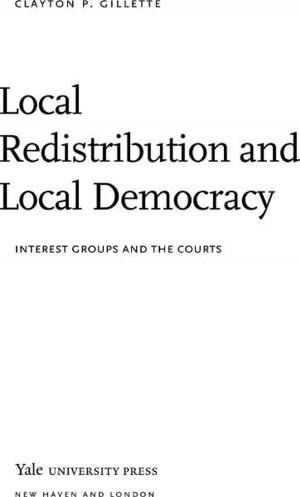Managing the Wild
Stories of People and Plants and Tropical Forests
Nonfiction, Science & Nature, Nature, Plant Life, Trees, Science, Biological Sciences, Botany| Author: | Charles M. Peters | ISBN: | 9780300235524 |
| Publisher: | Yale University Press | Publication: | February 20, 2018 |
| Imprint: | Yale University Press | Language: | English |
| Author: | Charles M. Peters |
| ISBN: | 9780300235524 |
| Publisher: | Yale University Press |
| Publication: | February 20, 2018 |
| Imprint: | Yale University Press |
| Language: | English |
Drawn from ecologist Charles M. Peters’s thirty†‘five years of fieldwork around the globe, these absorbing stories argue that the best solutions for sustainably managing tropical forests come from the people who live in them. As Peters says, “Local people know a lot about managing tropical forests, and they are much better at it than we are.”
With the aim of showing policy makers, conservation advocates, and others the potential benefits of giving communities a more prominent conservation role, Peters offers readers fascinating backstories of positive forest interactions. He provides examples such as the Kenyah Dayak people of Indonesia, who manage subsistence orchards and are perhaps the world’s most gifted foresters, and communities in Mexico that sustainably harvest agave for mescal and demonstrate a near†‘heroic commitment to good practices. No forest is pristine, and Peters’s work shows that communities have been doing skillful, subtle forest management throughout the tropics for several hundred years.
Drawn from ecologist Charles M. Peters’s thirty†‘five years of fieldwork around the globe, these absorbing stories argue that the best solutions for sustainably managing tropical forests come from the people who live in them. As Peters says, “Local people know a lot about managing tropical forests, and they are much better at it than we are.”
With the aim of showing policy makers, conservation advocates, and others the potential benefits of giving communities a more prominent conservation role, Peters offers readers fascinating backstories of positive forest interactions. He provides examples such as the Kenyah Dayak people of Indonesia, who manage subsistence orchards and are perhaps the world’s most gifted foresters, and communities in Mexico that sustainably harvest agave for mescal and demonstrate a near†‘heroic commitment to good practices. No forest is pristine, and Peters’s work shows that communities have been doing skillful, subtle forest management throughout the tropics for several hundred years.















